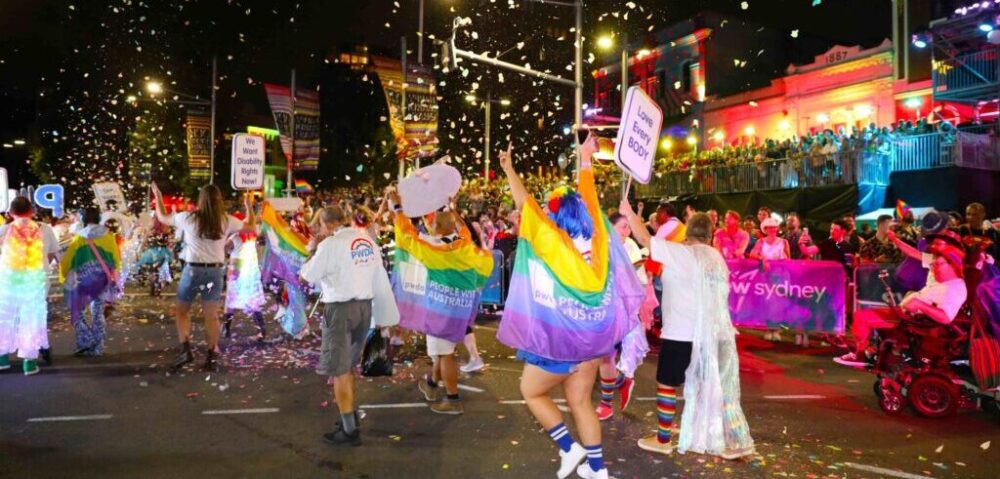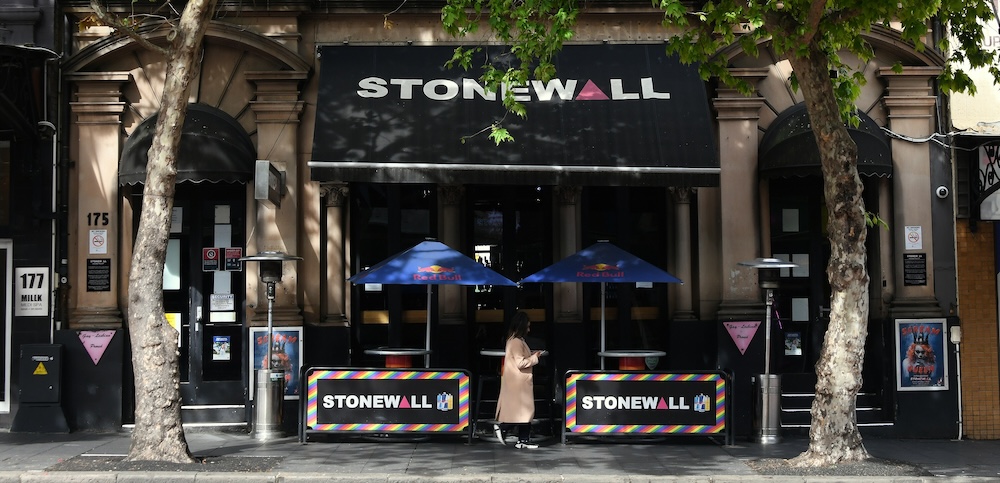
Sense of ‘immunity’ spreads HIV

A new study has found that gay men with the highest risk of contracting HIV are more likely to consider themselves immune to infection than those who practise safe sex.
Conducted by the National Centre in HIV Social Research (NCHSR) at the University of New South Wales, the study charted the sexual practices of more than 1,500 gay men in Sydney to track how they perceived their risk of contracting HIV.
Surprisingly, the study found that for people more likely to think themselves immune to contracting HIV the riskier their sexual practices were. Men who had had unprotected anal sex with a casual partner in the last six months were even less likely to think themselves at risk of infection than men who always used condoms.
NCHSR Senior Research Fellow Dr Limin Mao said that while gay men had accurate knowledge of what practices were risky and how to avoid infection, they often valued their personal feelings over applying that knowledge to themselves when assessing their own levels of risk.
“It’s quite common to fall into this false sense of security – if someone has a slip-up they’re likely to think they’re somehow uniquely immune to infection because they’ve practised safe sex before. It’s the same thinking that convinces people they’ll be the one to win the lottery – that they alone can get the good things and avoid the bad things,” Mao said.
Mao said this mistaken sense of safety made serosorting, or unprotected sex between partners of the same HIV status, more risky if both parties had not been recently tested. Rates of unprotected sex between gay men in Australia have jumped more than 40 percent since 1996.
“Gay men thinking they’re immune means that many aren’t getting tests when they have an incident, and they can end up infecting casual partners in the mistaken belief that they’re still HIV-negative,” she said.
The findings come four months after a Kirby Institute study revealed that HIV infection rates jumped eight per cent in 2011 and 50 per cent over the last 10 years, prompting urgent calls for action from HIV/AIDS advocacy groups and health bodies.
The study also found that while HIV-positive men have become far more optimistic about treatment prospects, HIV-negative men had very little knowledge about recent advances in treatment or the realities of living with the disease.










